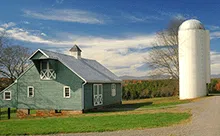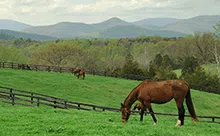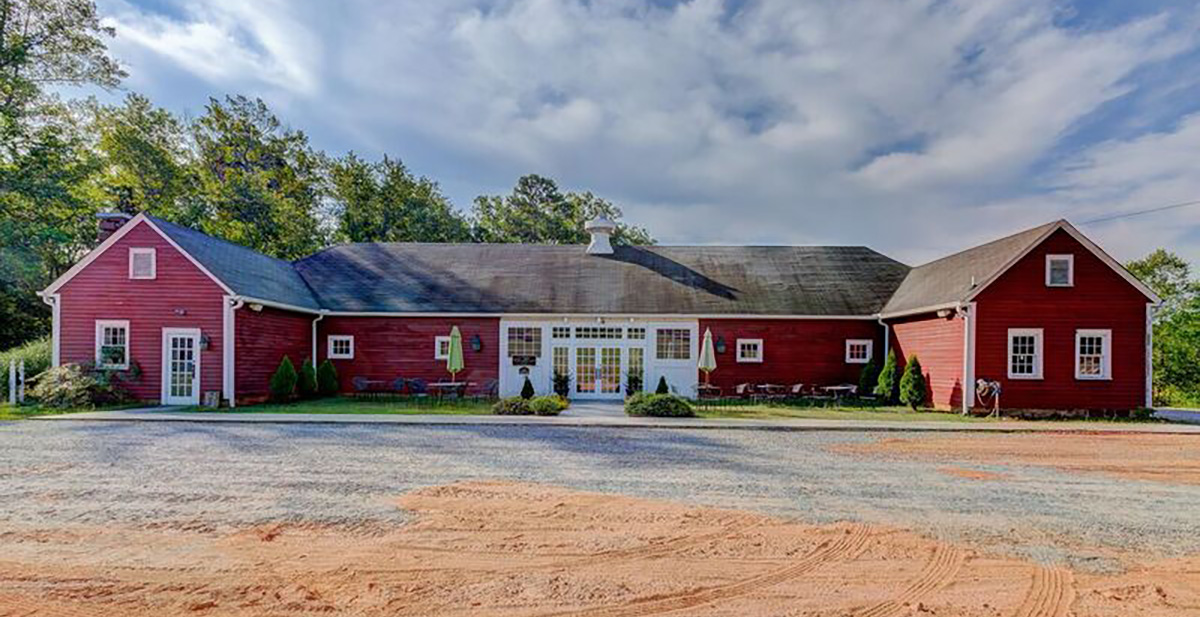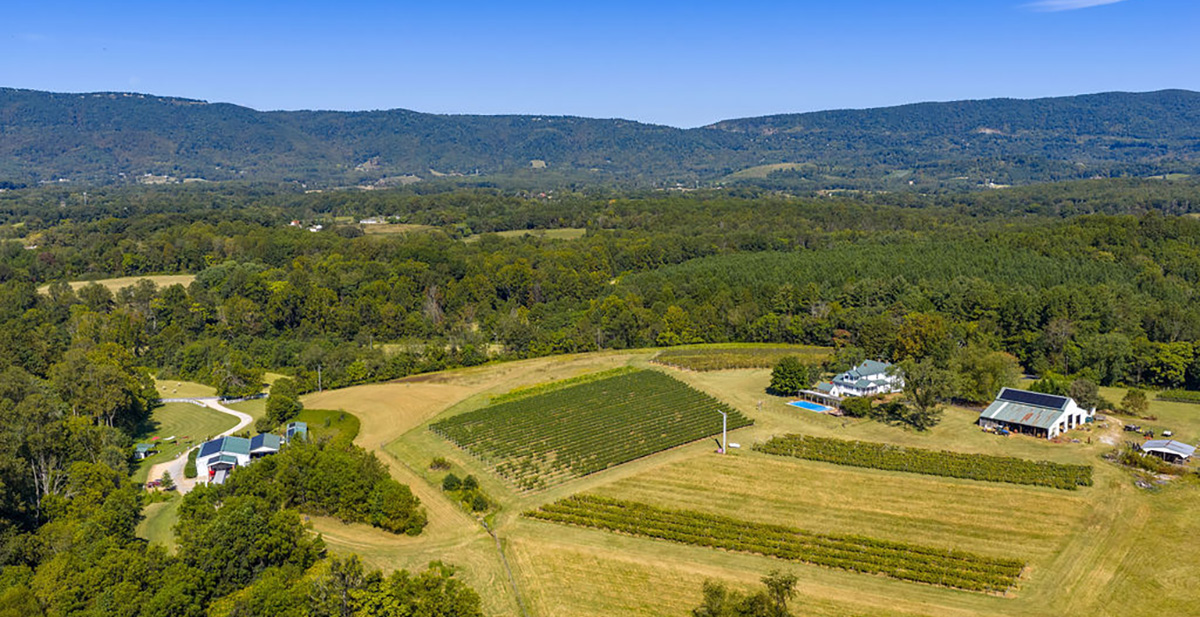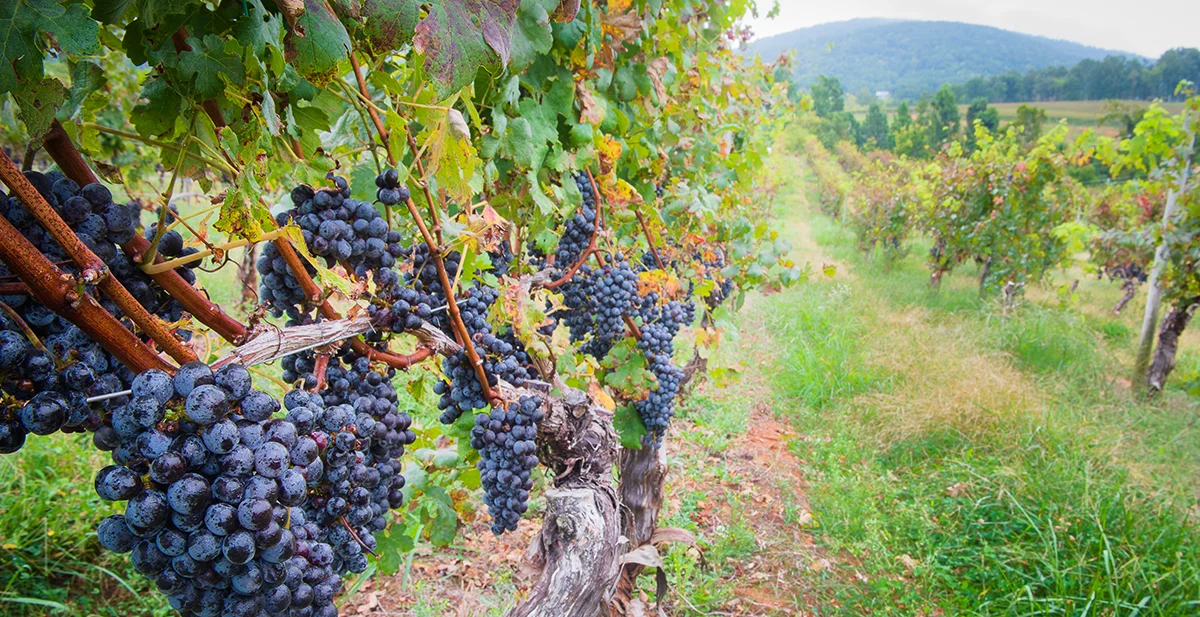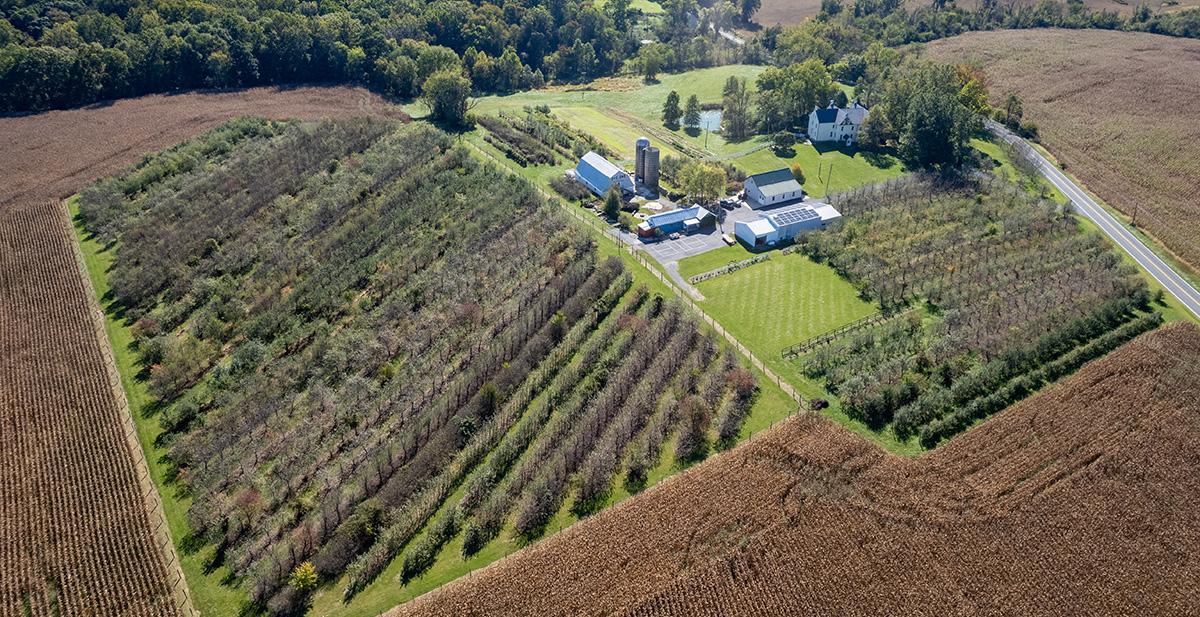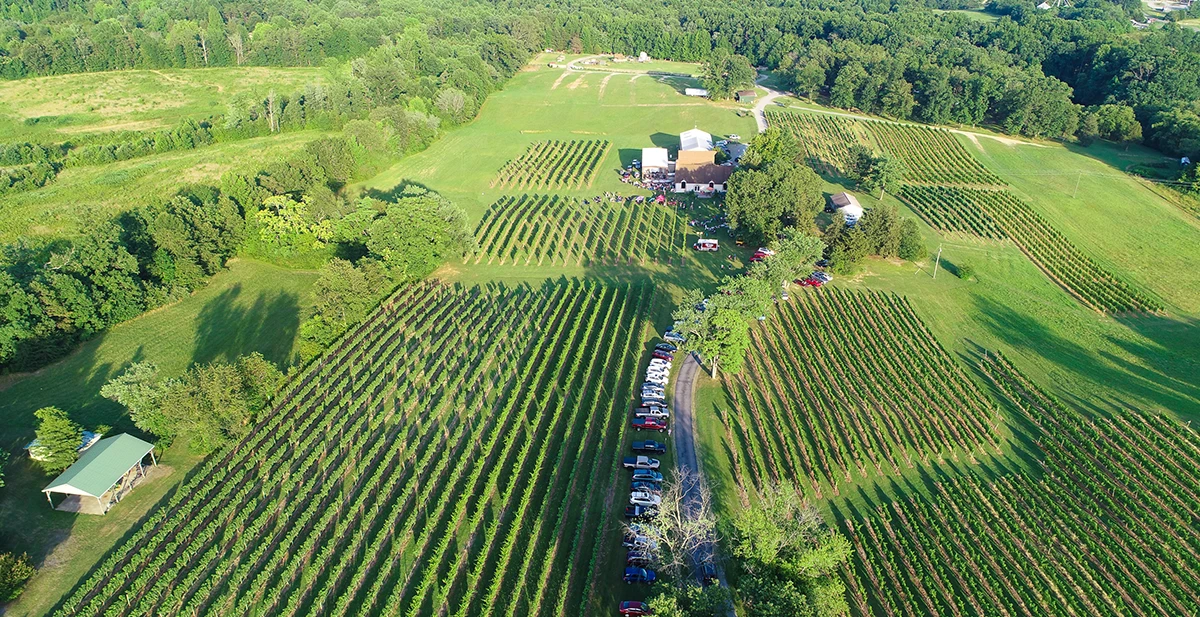home / virginia real estate / farms / types of virginia farms / the virginia poultry farm
The Virginia Poultry Farm
Poultry farms exist in as many permutations as any type of farming. Raising chickens or turkeys are yet another possible venue to raise revenue from your agricultural piece of Virginia real estate. As always, seeking the help of a real estate agent that is familiar with the unique requirements of a poultry operation is essential.
The first decision to be taken would be to select between turkeys or chickens. While some particularly vigilant farms may raise both, the level of risk due to reciprocating illnesses increases when both types of poultry share the same spaces. Once that determination has been made, a choice between coop or free-range needs to be considered.
It should be noted that the provider for Tyson Chicken raises it’s 780,000 chickens a year in super sized buildings. Of course, some may prefer to go the free-range route, where movable coops provide shelter and protection from predators and inclement weather.
It is worthy to note here, that turkeys are generally exclusively raised for meat. The eggs are just as good, but as usual, the economics dictate the business. Turkey eggs may be equal to those of the chicken. But given the larger body mass, feeding expense and longer production cycle, the turkey egg market cannot sustain itself.
In their simplest form, the poultry farms of Virginia exist in three basic production lines:
- Chicken Eggs
- Chicken Meat
- Turkey Meat
Chicken Eggs
Egg laying chickens, just like the dairy cattle, are a venue that offer the satisfaction of animal farming with out the sometimes unpleasant realities of farming. And by that I mean the disposition of product.
Egg laying chickens can provide their treasure day in and day out without having to meet their demise. Your egg layers can be cooped or free range, but you will have to provide them with a coop at night so they can roost and lay their eggs.
Chicken Meat
Chickens raised to be sold as meat is another path. Chickens raised for meat can be of several breeds and require less day to day maintenance. In fact, you could just turn them out to pasture. As long as they have a source of water and a place to get out of the rain and sun, they can thrive on the plants and bugs typical in a field. The coop requirements for meat chickens are less than those of egg layers.
The processing of the meat chickens is a little daunting for the novice. Having them processed off the farm is probably a better idea.
Turkey Meat
Turkey meat is available throughout the year. But no one can deny the incredible delivery of turkey meat that occurs for Thanksgivings Day. Whether due to romantic myth or the simple math of cooking, one incredibly large tasty bird for the annual family fest means the turkey has a day to call it’s own!
You can sell your turkey meat to small outlets, or join a turkey cooperative. A cooperative allows you to join other small farms to obtain the pricing available to the large farms. As in all farming, there must be adequate access to water. There must be cover of some type, whether large barns or coops provided for roosting or smaller cover for the non layers. Protection from predators is a must, especially from the air.
Chicks and red tail hawks are not an effective blend. And there must be adequate space for “litter” dispersal. Yes, litter dispersal.
The Virginia Dept. of Agricultural regulates any trade in the poultry industry. Careful adherence to state standards protect you by creating a level of competence in providing safe meat or eggs, which protects the consumer and the market.



















